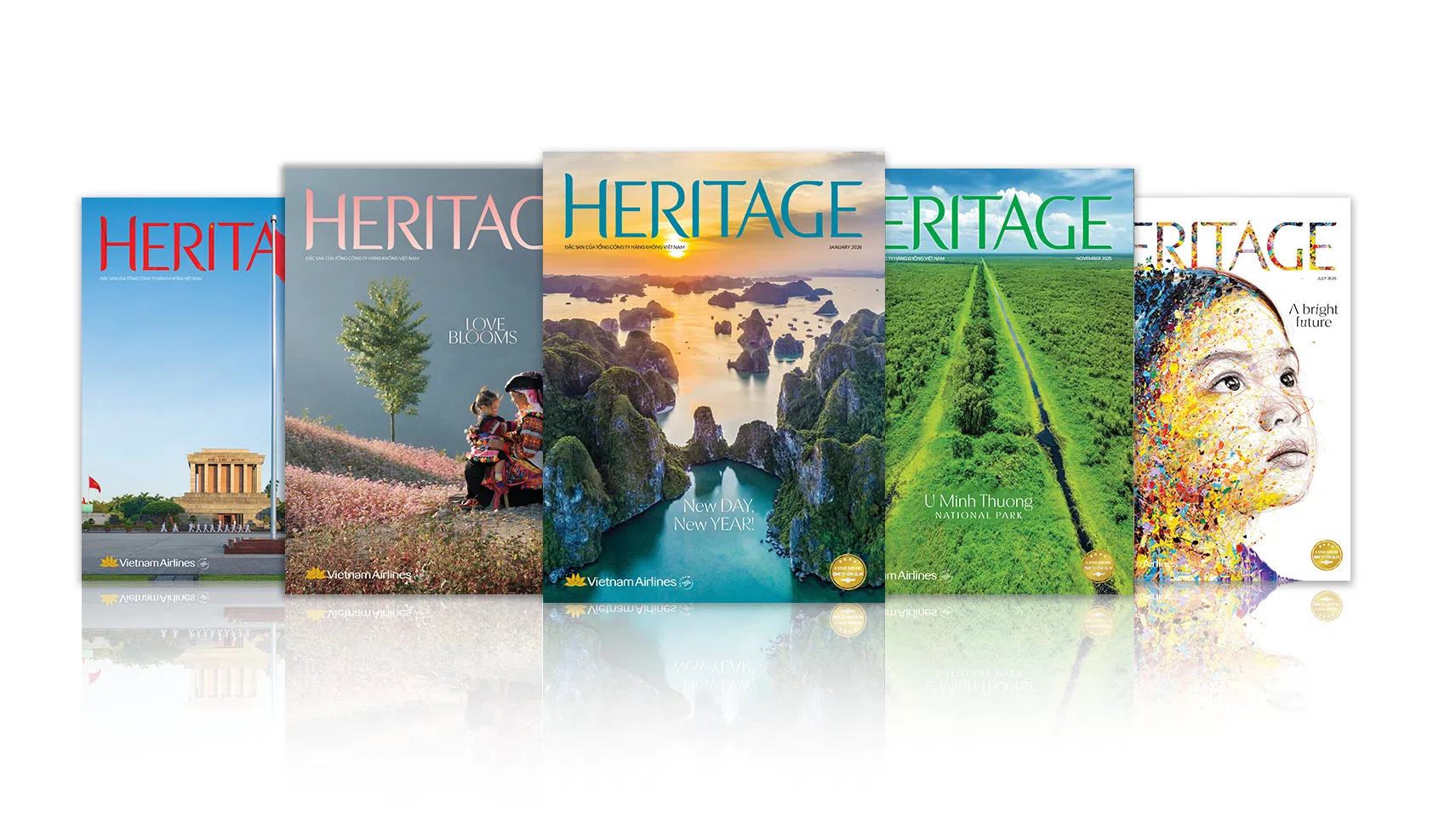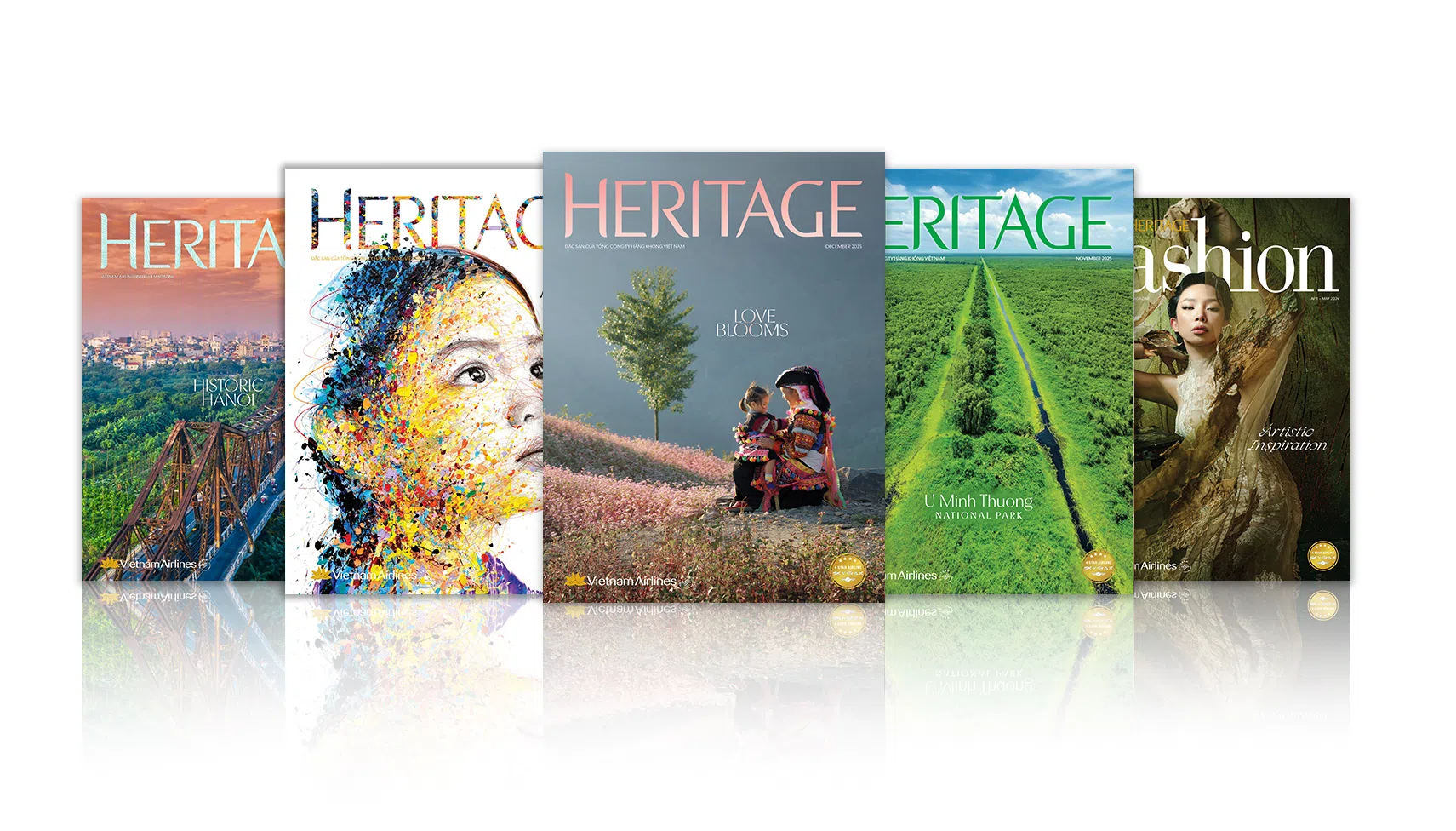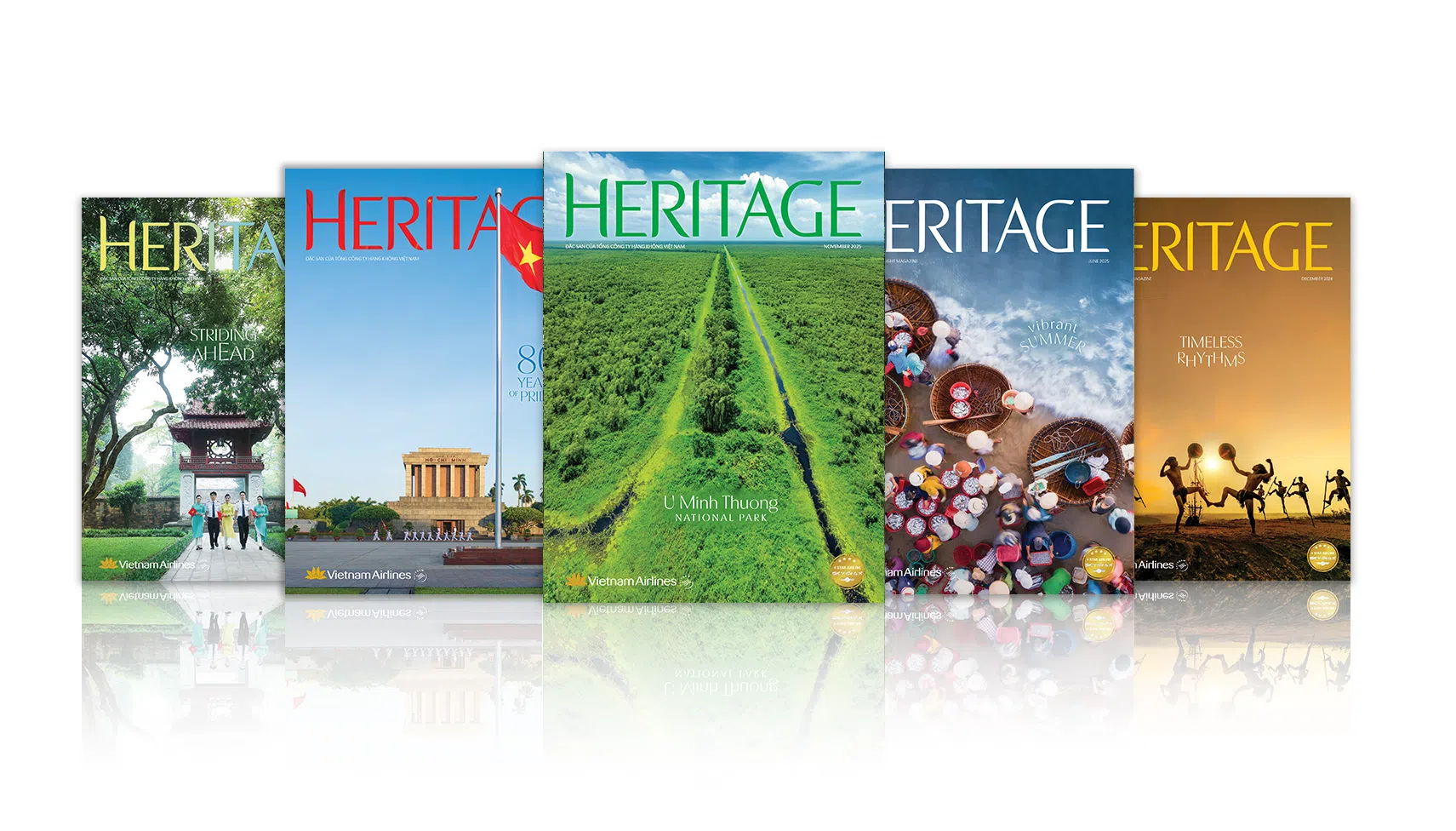Ngo Quang Minh
Pakistan’s Hunza valley is a spectacular destination filled with majestic peaks and warm hospitality.
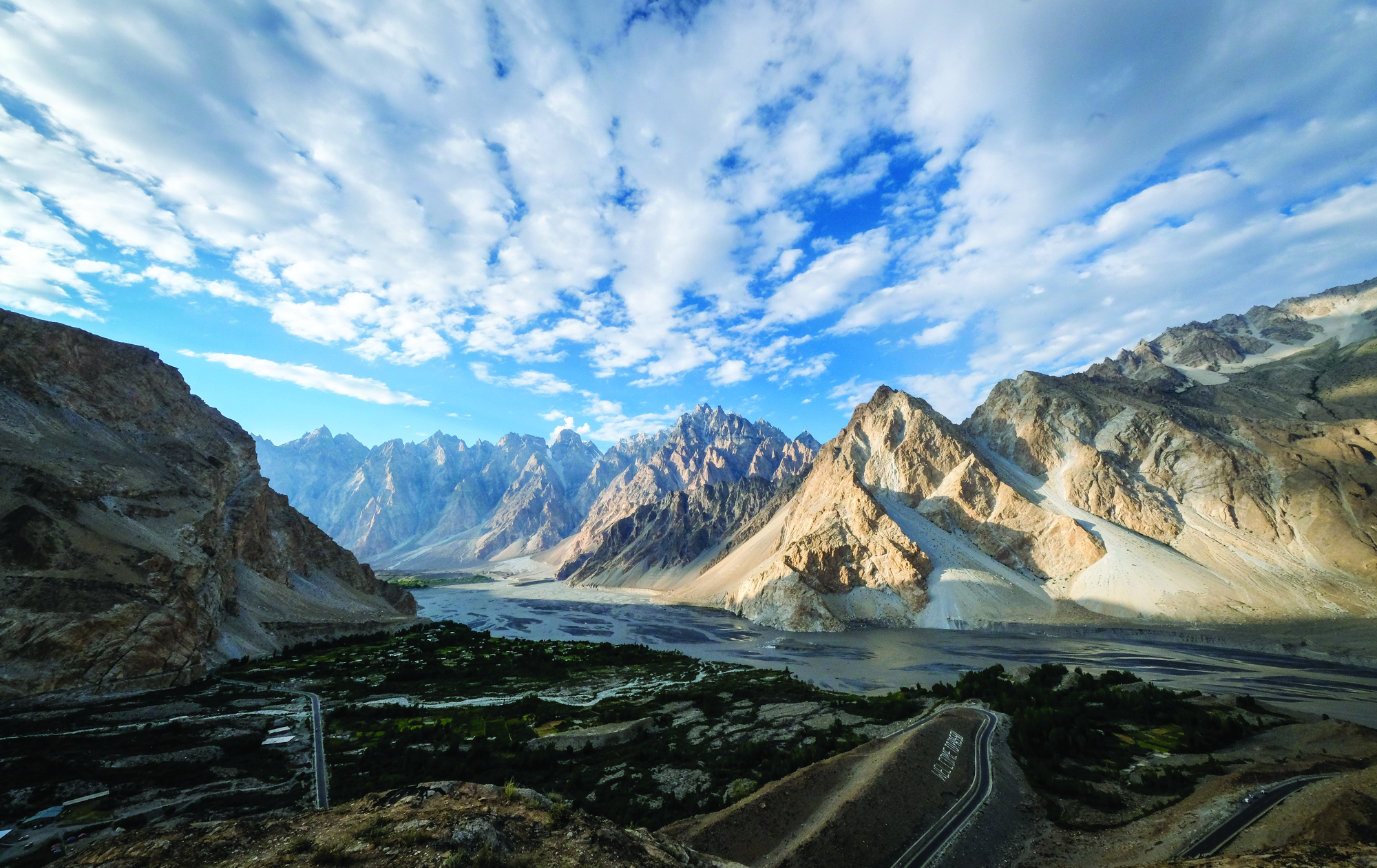
One of the most spectacular tourism destinations in Pakistan is a wild mountainous area in its northern Gilgit-Baltistan province, Hunza Valley. To reach Hunza from Pakistan’s capital of Islamabad, you have to travel nearly 600 kilometers through mountain passes along the N15 highway and over the top of the Barbusar Pass at an altitude of 4,000 meters before driving down the Karakoram highway. The route entails hair-raising turns, with the mountain hiding behind the clouds on one side and ominous rocky cliffs on the other, while heavy rains may cause landslides and traffic jams for hours. Along the way, you will come across the region’s ubiquitous big trucks decorated with colorful patterns as well as military convoys at key checkpoints and border areas.
Another option is to fly in from the capital city to Gilgit Airport which is 100 kilometers away from Hunza. However, for this domestic route, turboprop aircraft are used and flights can be canceled depending on the weather.
Once you reach the end of the Karakoram highway, while admiring the spectacular landscape of green forests, roaring rivers and snowy peaks, you’ll go deeper into the Hunza Valley. Hunza is surrounded by majestic mountains such as the Rakaposhi (7,788m), Diran (7,266m), Ultar II (7,388m), Shisper (7,611m) and Passu (7,478m), making it a popular destination for climbers. One of my favorite activities while here was to wake up early and climb to a high spot to admire the daybreak as villages came to life below. When night falls in the silence of the mountains, the Hunza sky captivates with countless shining stars.
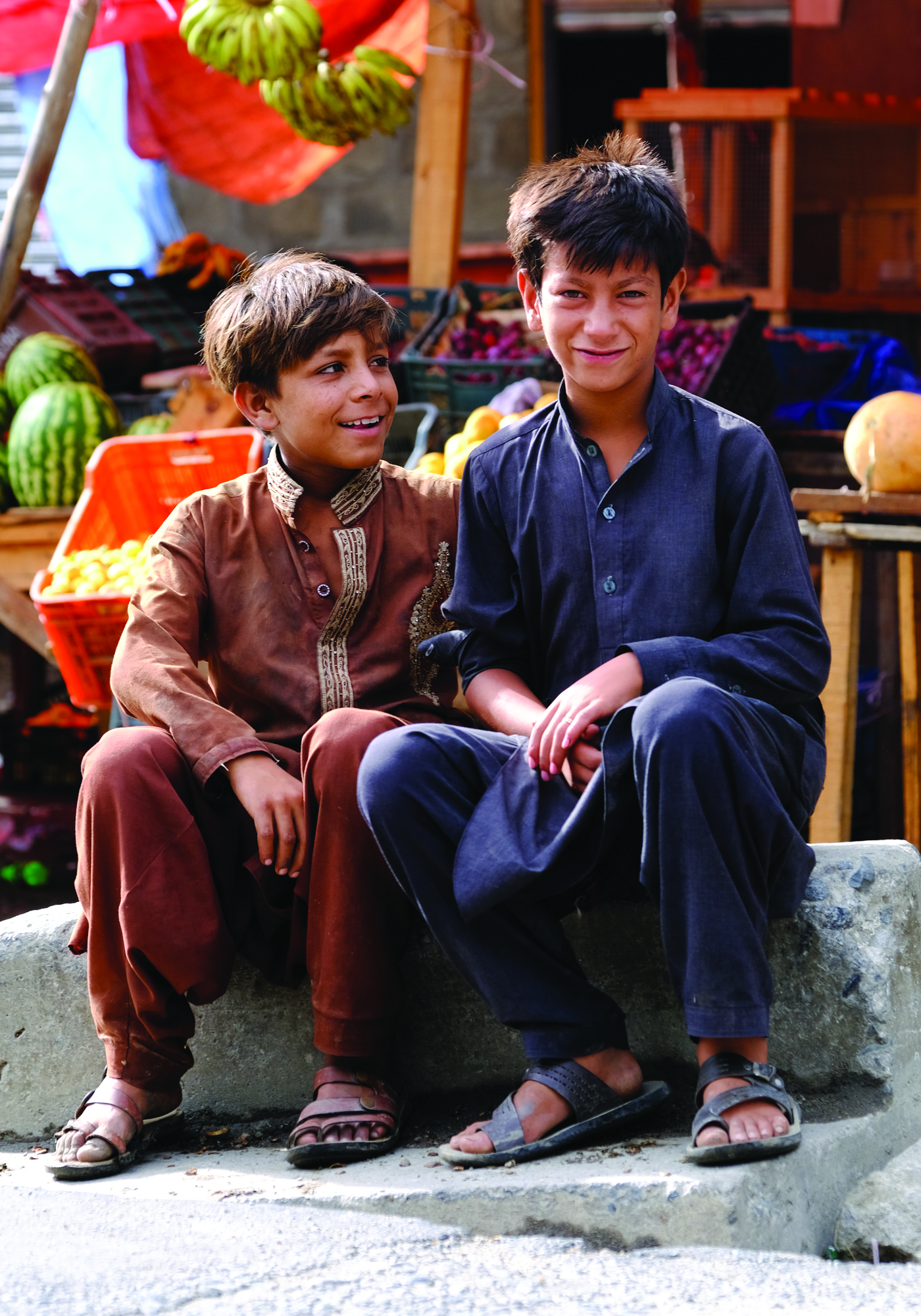
Hunza’s appeal lies not only in its scenery but also in the local culture and people. As descendants of the Aryans with ancient traces of Zoroastrianism from Persia and the essence of South Asia formed after thousands of years on the Silk Road with influences of Shia Islam, the people of Hunza are unique. Their hospitality and sincerity are perhaps the most beautiful rewards for those who take the time to explore. Pakistani children study English in school, so you will quickly find that in Hunza most people can confidently communicate in English. The people of Hunza will not hesitate to invite you into their home for a cup of tea and some jam or fruit picked from their own garden. You will also leave with gifts that they grow and harvest themselves, as an expression of gratitude for those who have visited their homeland, and a promise to meet again soon.
I cannot recall how far I traveled, how many houses I visited, how many stone fences I passed, or how many local people I met. But I remember how familiar and moved I felt when I saw a charming Pakistani smile; for them, anyone who comes as a stranger leaves as a friend. I was struck by how different Pakistan was from the troubled version we often see in the news. In recent years, the country has been making an effort to boost tourism, including issuing eVisas to over 170 countries (Vietnam included), promoting the image of a friendly and safe country and upgrading travel services and amenities. For those with a love for exploring and adventure, Pakistan should surely be on your list of destinations.








